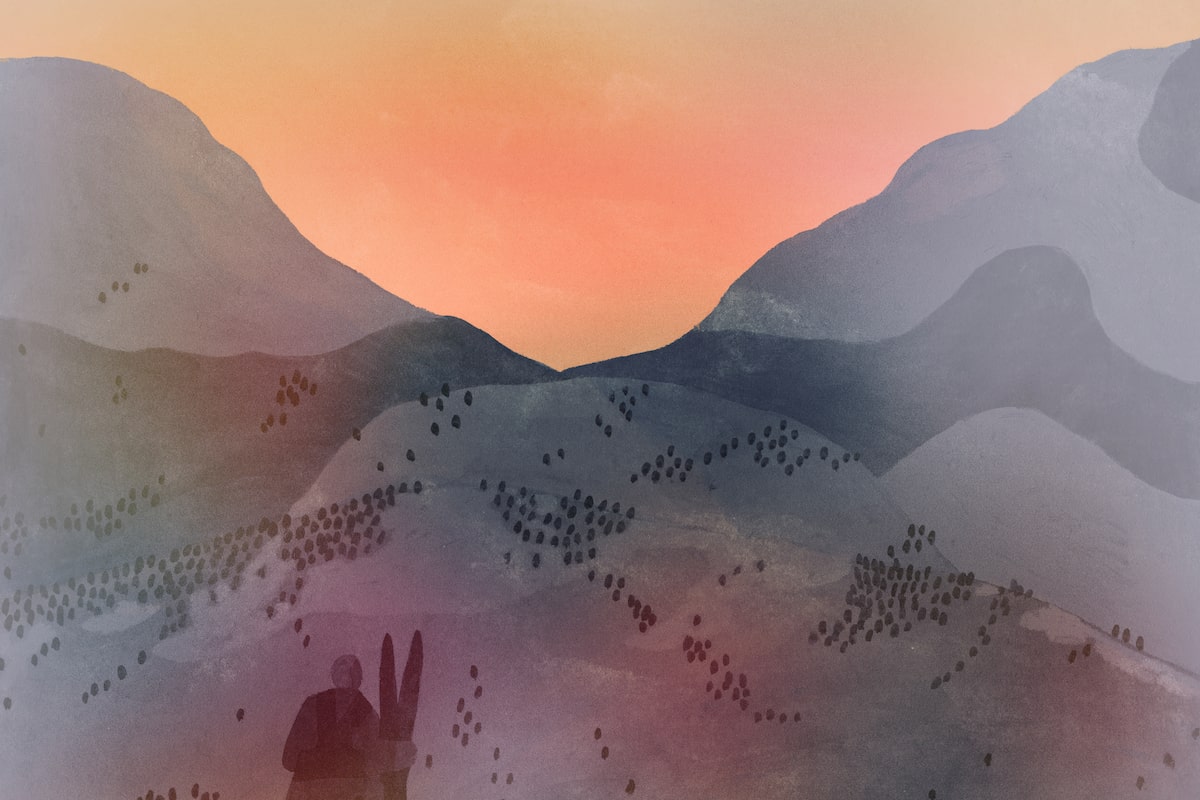
Beautiful prose on a tragic loss—not the ski holiday, of course; rather, our collective loss of winter.
I do wonder about teaching my children to ski… Then again, these next few years may be their only chance to experience it.

It’s hard not to get both sad and angry when you look at average snowpack numbers over the last two decades. I’m fairly certain gen alpha will be the last to experience the type of winter conditions we’ve grown to expect as “regular”.
As the climate heats up and winter become shorter, less predictable, and more violent due to the unstable polar vortex, we’ll come to sorely miss the defining characteristics of it. We can’t ignore the cultural impact winter has on lots of places (such as Canada, Scandinavia, Russia, and many places in the US) and I’m quite sure it’ll have more than just ecological and employment impacts to these regions.

It’s not so much that I love winter, but rather the wildfire smoke really puts a damper on summer.
This is the best summary I could come up with:
According to that theory, Professor Joe Shea, a geoscientist at the University of Northern British Columbia (UNBC), explained to me in an e-mail, “the reduced temperature gradient between the poles and the equator could produce a ‘wavier’ jet stream, which allows abnormal weather patterns (hot/cold, wet/dry) to set up for longer periods of time.”
The final weekend of the U.S. pond hockey championship was cancelled in Minneapolis, and Quebec City was so warm in February, Bonhomme closed his Ice Palace for “safety reasons.” At the annual Western Snow Conference, to be held for the 91st time this April in Corvallis, Ore., the title of the keynote speech is “Should I Teach my Grandkids to Ski?
Mr. Delesalle and Ms. Meyer broke a three-kilometre track on the non-avalanche-prone moraine around the cabin – Kathy’s Quest, we called it – which we trudged around on skis and climbing skins, adding a kilometre-and-a-half of loops of our own (Bishop’s Landing, Andrew’s Folly).
Kelly Mager, our cook (Mr. Delesalle’s partner, a brilliant chef), took to looking out the kitchen window and calling the weather “the new substandard,” which was scientifically accurate, when she wasn’t sharing mountain gossip (which guides had split up and why, which lodges were possibly for sale as a result, who was drinking too much).
Ms. Meyer gave us a guided tour of what she carried in her bottomless pack (to deal with all possible catastrophes, from snapped poles to broken necks); taught us knots; showed us how to rig a pulley system to haul someone out of a crevasse.
Maybe there is an ironic justice in that: After all, it was mankind’s love of the inside, of comfort and safety and warmth and convenience gained through the extraction of coal and oil and gas, that ultimately warped the climate and made winter less dependable, less formative and less Canadian.
The original article contains 3,519 words, the summary contains 309 words. Saved 91%. I’m a bot and I’m open source!

I would be very happy to miss winter. There is still a meter of snow in my yard.

